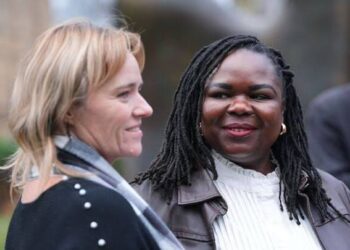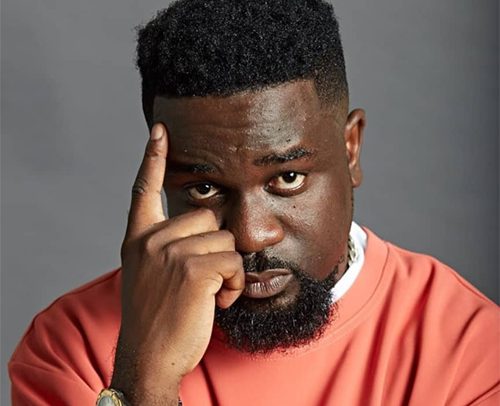Sudan’s transitional government on Monday signed a much-anticipated peace deal with various armed groups, raising hopes of an end to 17 years of conflict.
Prime Minister Abdullah Hamdok and Transitional Sovereignty Council Chairman Abdel Fattah al-Burhan signed the agreement with the Sudan Revolutionary Front, a coalition of armed groups operating mainly in the volatile Darfur, Blue Nile and South Kordofan regions, the country’s national broadcaster reported.
After nine months of tough negotiations, the signing took place in Juba, the capital of neighbouring South Sudan, under the auspices of President Salva Kiir, who has been instrumental in mediating the deal.
The landmark pact includes agreements regarding power sharing, land ownership, compensation and reconciliation, as well as the return of those displaced from their homes during 17 years of conflict.
It also foresees the dismantling of rebel forces and their integration into the national army.
“Everyone expected the peace [deal] to be signed within two or three months, but we realised that the questions were of great complexity,” Hamdok said after the signing ceremony.
“However, we were able to accomplish this great work and this is the start of peace-building,” he added.
A representative of the Sudan Revolutionary Front said the coalition hoped the agreement would end the suffering of Sudan’s people.
“The agreement signed today in Juba is a milestone for Sudan’s most conflict-ridden regions, and is a hugely significant sign of progress for Sudan’s transition,” said Jonas Horner, a senior analyst at African think tank International Crisis Group.
“But it is also far from comprehensive and only represents a first step towards peace, while significant hurdles remain in the way of its implementation,” Horner added.
Sudan’s most powerful armed groups, the SPLA-North led by Abdulaziz al-Hilu and the Sudan Liberation Movement-Abdul Wahid Al-Nur, remain outside the agreement, Horner noted.
The European Union welcomed the deal and called upon two remaining armed groups to join the peace efforts.
Monday’s peace agreement represents an “important milestone for the ongoing democratic and economic transition of Sudan,” EU foreign policy chief Josep Borrell said in a statement.
“This is the time for all Sudanese stakeholders to set aside their differences and to look for the greater good of the country and of all Sudanese,” Borrell said.
Armed groups have been the cause of ongoing violence in the volatile nation on the Horn of Africa since 2003, when unrest erupted in the restive Darfur region.
Some 300,000 people have been killed due to the conflict and millions have been displaced, according to the United Nations.










Discussion about this post